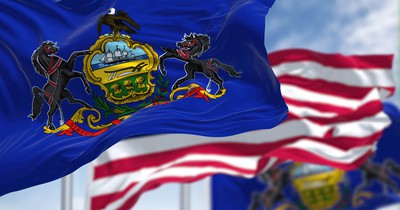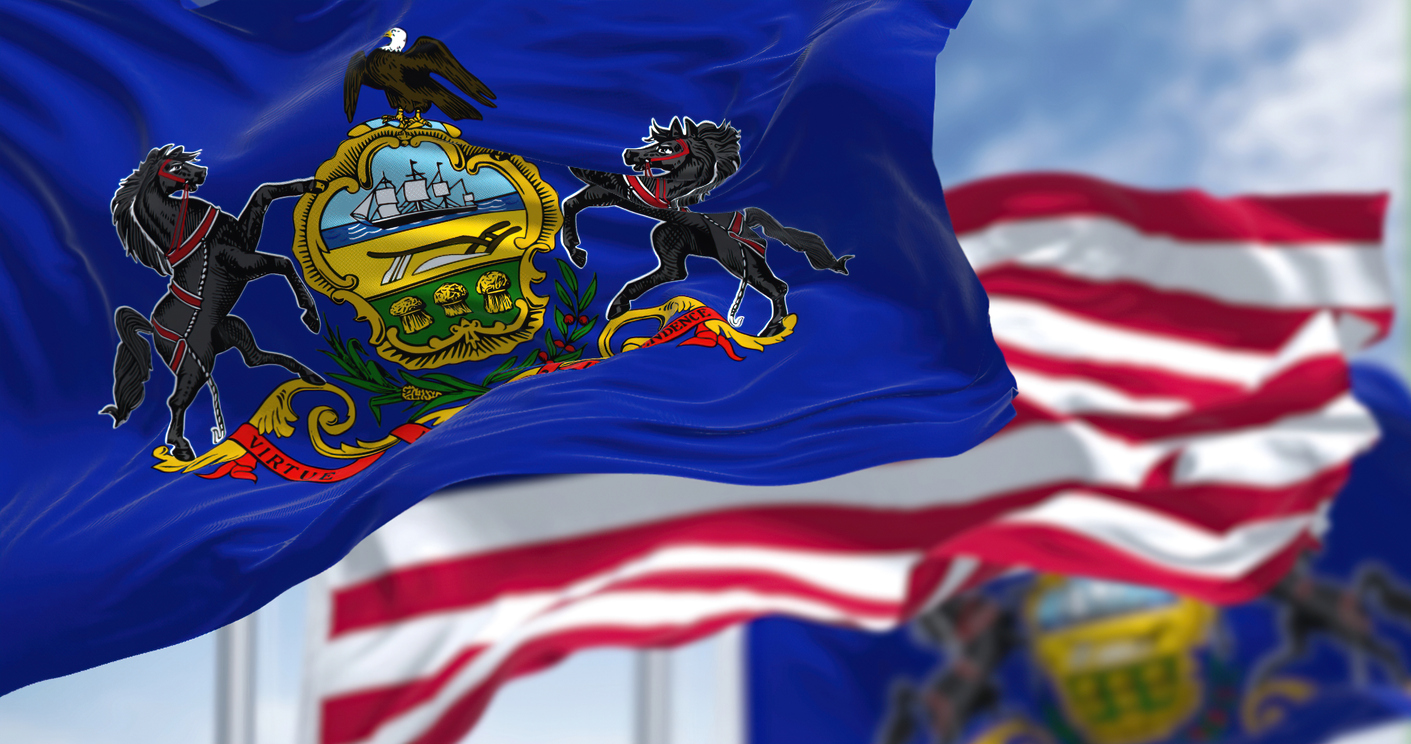
By far the biggest news of May was that WSOP Online had combined its player pools in Michigan, Nevada, and New Jersey, creating a three-state network for shared liquidity.
Sadly, players on WSOP PA will not be participating in this epic match-up and can only watch from the sidelines. That’s because Pennsylvania is not a member of the Multi-State Internet Gaming Agreement (MSIGA), a multi-state gaming compact that supports online poker.
Real money online poker in Pennsylvania will continue to decline in comparison to the markets in Michigan, Nevada, and New Jersey — until it joins MSIGA.
Here are the three ways that Pennsylvania could officially request membership in MSIGA:
Governor Shapiro Could Issue an Executive Order
Democrat Josh Shapiro was elected governor in November 2022. Since taking office on January 17, 2023, he has had the authority to issue as executive order directing the Pennsylvania Gaming Control Board (PGCB) to request the state’s membership in MSIGA.
So far, the governor has declined to take that step. That’s unfortunate, because an executive order would by far be the quickest way to having Pennsylvania become the sixth member of MSIGA — joining Delaware, Michigan, Nevada, New Jersey, and West Virginia.
Shapiro has issued 21 executive orders since taking office, all but one of which he issued in 2023. He issued five in January 2023, the month he took office, but he rattled off seven the following June, most of which pertained to advisory commissions within the governor’s office.
The governor should be keenly aware that Pennsylvania can join a compact like MSIGA and not run afoul of federal regulations. In his previous capacity as the state’s AG, he signed a letter with 25 other AGs addressed US AG Merrick Garland, urging him to clarify DOJ’s position on the Wire Act.
How Difficult Would This Be? Very easy. It could not be easier. ⭐⭐⭐⭐⭐
How Likely is This How PA Ultimately Gets Into MSIGA? Probably unlikely, considering Shapiro has been in office for approximately 500 days. ⭐
HB 2078 Could Win Passage, Be Signed Into Law
In March, Rep. George Dunbar (R-Jeannette) introduced a bill that would specifically authorize the PGCB to formally request Pennsylvania’s membership in MSIGA.
HB 2078 was referred to the House Gaming Oversight Committee. The panel currently has 15 general bills (like HB 2078) and two simple resolutions up for consideration, but has no meetings schedule.
Republicans are the minority party in the Pennsylvania House of Representatives, and Dunbar is a member of the GOP. But he’s also a veteran lawmaker accustomed to working with Democrats, including gaming committee chair Rep. Patrick Harkins (D-Erie) and House Majority Leader Matthew Bradford (D-Cedars). Dunbar is also seen as an authority on gaming matters, so his opinions carry weight with his colleagues.
In an exclusive follow-up interview, Dunbar reported that Bradford, Harkins, and other lawmakers — from both parties — were well aware of HB 2078, thanks in part to the #GrowPApoker social media campaign and a supportive freeroll by PokerStars PA.
Dunbar believes Shapiro will sign the bill if it gets to his desk.
The current session of the Pennsylvania General Assembly will adjourn sometime between late November and mid-December, depending on the scheduling of session days from here on out.
How Difficult Would This Be? Moderately difficult. The bill needs the approval of at least one House panel before coming up for a floor vote, and then must clear the Senate, too. With so many other priorities facing lawmakers, HB 2078 could get lost in the shuffle. ⭐⭐
How Likely is This How PA Ultimately Gets Into MSIGA? HB 2078 already enjoys bi-partisan support and is not considered to be a controversial piece of legislation. Dunbar said he’s spoken to colleagues who have fielded numerous calls and emails from online poker players in PA, urging them to support the bill. ⭐⭐⭐
HB 2078 Could Be Included in a Code Bill
There’s a third option, and it may be the most likely to bear fruit: HB 2078’s inclusion into a code bill.
In Pennsylvania, code bills are what lawmakers use to outline how the state government should spend money in the General Fund. There are code bills for education, health and human services, and taxes. The two most common types are administrative and fiscal.
But lawmakers can also attach budget-related legislation to code bills, and Dunbar said he plans to do that this summer. He’s already telegraphed to Democratic lawmakers that he wants HB 2078 included in either an administrative or a fiscal code bill.
Dunbar also said HB 2078’s inclusion would raise its profile with Shapiro. Since he believes the governor would sign the bill anyway if it came to his desk, he doesn’t think Shapiro will push back on the bill’s inclusion in a code bill.
One thing that HB 2078 has going for it is its brevity. It’s a short bill, clocking in at just two pages, and rightfully so — it merely codifies that the PGCB can request the Keystone State’s membership in MSIGA.
How Difficult Would This Be? Fairly easy. HB 2078 just needs to be attached to a code bill. Since the bill already enjoys bipartisan support, is very short, and has no apparent downside, its inclusion in a code bill seems probable. ⭐⭐⭐⭐
How Likely is This How PA Ultimately Gets Into MSIGA? Judging by Dunbar’s characterization of discussions with other lawmakers, both Republican and Democrat, it seems this is the most likely way that the state becomes a member of MSIGA — through what is, in essence, a budget bill. ⭐⭐⭐⭐

